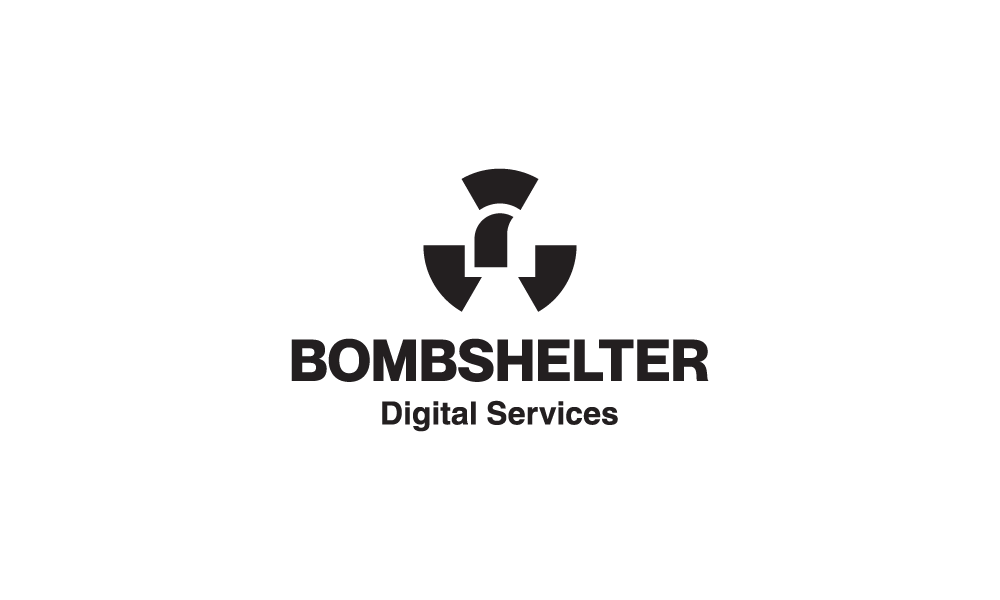In the music industry, the choice between signing with a major record label or remaining independent is a decision that can profoundly impact an artist’s career trajectory. Both paths offer unique advantages and challenges, and understanding the differences between the two can help artists make informed decisions about their future. In this blog post, we’ll explore the pros and cons of signing with a major label versus staying independent.
Major Labels:
Major labels wield significant power and influence in the music industry. Signing with a major label can offer artists access to extensive resources, including professional recording studios, top-tier producers, marketing budgets, and distribution networks. Here are some key benefits and considerations of signing with a major label:
Benefits:
- Financial Resources: Major labels typically have substantial financial resources to invest in artist development, recording sessions, music videos, marketing campaigns, and promotional efforts. This financial backing can help elevate an artist’s career and increase their visibility in the industry.
- Industry Connections: Major labels have extensive networks of industry contacts, including radio programmers, music supervisors, booking agents, and media outlets. These connections can open doors to lucrative opportunities, such as radio airplay, tour bookings, and sync licensing deals.
- Global Distribution: Major labels have established distribution channels that enable artists to reach a global audience across various platforms, including streaming services, radio, TV, and retail outlets. This widespread distribution can significantly expand an artist’s reach and potential fan base.
Considerations:
- Loss of Creative Control: Signing with a major label often entails relinquishing a degree of creative control over artistic decisions, including songwriting, production, and image. Artists may find themselves subject to label executives’ input and demands, which can sometimes conflict with their artistic vision.
- Contractual Obligations: Major label contracts typically come with stringent terms and conditions that may favor the label’s interests over the artist’s. Artists may be locked into long-term contracts, with limited control over their music rights, royalties, and creative freedom.
- High Competition: Competition for attention and resources within major label rosters can be fierce. Artists signed to major labels may find themselves competing for promotional support and visibility with other label-mates, making it challenging to stand out in a crowded marketplace.
Independent Labels:
Independent record labels, also known as indie labels, operate outside of the major label system and cater to niche markets and genres. While independent labels may lack the financial clout and global reach of major labels, they offer artists greater creative autonomy and flexibility. Here are some key benefits and considerations of signing with an independent label or remaining independent:
Benefits:
- Creative Freedom: Independent labels prioritize artistic integrity and creative autonomy, allowing artists greater control over their music, image, and career trajectory. Artists have the freedom to experiment with diverse musical styles, collaborate with like-minded creatives, and explore unconventional avenues of expression.
- Personalized Support: Independent labels offer personalized attention and support to their artists, fostering closer relationships and collaborative partnerships. Artists benefit from direct access to label executives, A&R representatives, and marketing teams who are invested in their success.
- Flexibility and Transparency: Independent labels typically offer more flexible contract terms and transparent business practices compared to major labels. Artists have greater input into contract negotiations, royalty structures, and distribution strategies, ensuring fair treatment and equitable partnerships.
Considerations:
- Limited Resources: Independent labels may have limited financial resources and marketing budgets compared to major labels. Artists may need to take on a more hands-on role in funding and promoting their projects, relying on grassroots efforts, social media, and word-of-mouth marketing to build their fan base.
- Distribution Challenges: Independent labels may face challenges in securing widespread distribution and visibility for their artists’ music. Without the extensive networks and resources of major labels, independent artists may need to explore alternative distribution channels, such as digital aggregators, independent retailers, and DIY platforms.
- Sustainability and Growth: While independent labels offer artists greater freedom and flexibility, they may lack the scalability and infrastructure of major labels. Artists signed to independent labels must carefully consider their long-term career goals and weigh the trade-offs between artistic independence and commercial success.
In conclusion, the decision to sign with a major label or remain independent is a deeply personal one that depends on an artist’s goals, priorities, and artistic vision. While major labels offer significant resources and industry clout, they may come with trade-offs in terms of creative control and contractual obligations. On the other hand, independent labels offer artists greater autonomy and flexibility but may require a more DIY approach to marketing and promotion. Ultimately, artists must weigh the pros and cons of each path and choose the option that aligns best with their aspirations and values.


